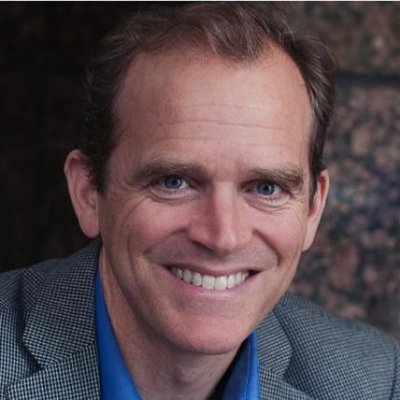Monopolies On Medical Knowledge And Information Are Unethical
Written with Jonathan Bush, CEO, athenahealth
First, let’s acknowledge what we’re not talking about: holding onto knowledge derived from an organization’s years of hard work and learning to outperform the competition. Let’s all agree that protecting one’s secret sauce is critical to compete fiercely and win in the open market...The thing is that sharing information related to patient care is an inherent responsibility if you’re in healthcare–it runs parallel to accepting the Hippocratic Oath. But sharing alone isn’t enough; the responsibility extends to delivering consumable, usable information universally to the point of care. Ask anyone who has ever received a 1,900-page CCDA on a patient. It may very well be compliant, but it’s also absolutely useless...
 Dave ChaseInformation isn’t flowing as it should in healthcare. Findings from a 2015 national survey of nearly 3,000 physicians who use the Epocrates medical reference app demonstrate as much, with 95% of physicians saying they’ve experienced a delay or difficulty delivering medical care because patients’ health records were not easily accessible or shared. Thousands upon thousands of clinicians and care providers experience information deficits, and even information blocking in a variety of forms. Whether they’re told they can’t gain access to certain information by their local hospital unless they too are on the same IT system as the hospital, or are granted such access but only once they invest in what has been described again and again as massive interface fees. Within healthcare there remains a series of infrastructural, financial and business practice barriers to the efficient and cost-effective flow of health information. That doesn’t mean the solution is to empower yet another federal intrusion into the marketplace. “Thou shalt” do anything isn’t exactly a value proposition for providers or for patients. Rather, market pressure will do more to eliminate impediments to information flow than any government investigation or mandate could ever do...
Dave ChaseInformation isn’t flowing as it should in healthcare. Findings from a 2015 national survey of nearly 3,000 physicians who use the Epocrates medical reference app demonstrate as much, with 95% of physicians saying they’ve experienced a delay or difficulty delivering medical care because patients’ health records were not easily accessible or shared. Thousands upon thousands of clinicians and care providers experience information deficits, and even information blocking in a variety of forms. Whether they’re told they can’t gain access to certain information by their local hospital unless they too are on the same IT system as the hospital, or are granted such access but only once they invest in what has been described again and again as massive interface fees. Within healthcare there remains a series of infrastructural, financial and business practice barriers to the efficient and cost-effective flow of health information. That doesn’t mean the solution is to empower yet another federal intrusion into the marketplace. “Thou shalt” do anything isn’t exactly a value proposition for providers or for patients. Rather, market pressure will do more to eliminate impediments to information flow than any government investigation or mandate could ever do...
- Tags:
- American Well
- Bloomberg
- cost competitive
- Dave Chase
- economy of openness
- ecosystem
- eliminate impediments to information
- Epocrates
- health records
- health records were not easily accessible or shared
- Health Rosetta
- hoarding of medical information
- hoarding of medical knowledge
- Hong Kong Integrated Oncology Centre
- information bridges
- information sharing
- information-blocking
- Jonathan Bush
- massive interface fees
- medical reference app
- monopolies on medical information
- monopolies on medical knowledge
- open-source
- Roche Holding AG
- share medical information
- share medical knowledge
- sharing information
- Unethical medical monopolies
- venture capitalist (VC)
- Xaume Olleros
- Login to post comments